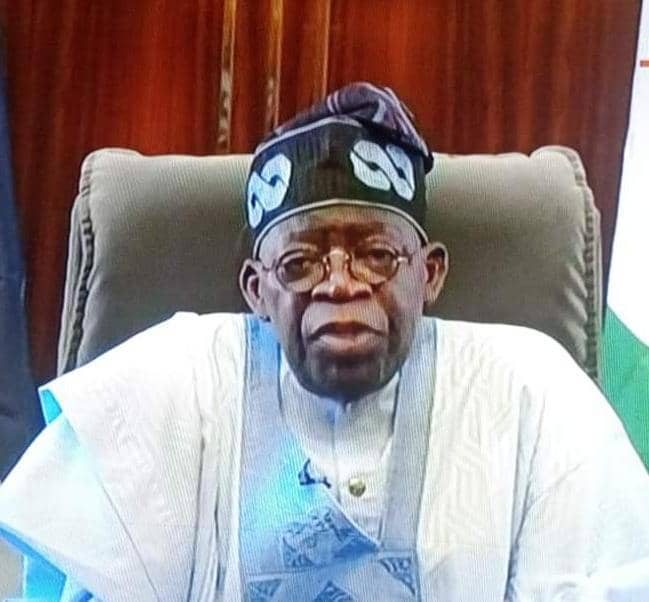By Damola Damola
President Tinubu’s recent speech on the current economic challenges paints a rosy picture of proposed solutions, but it seems disconnected from the harsh reality facing everyday Nigerians. The speech appears to be a collection of promises and assurances without addressing the immediate impact of economic measures on the citizens.

President Bola Tinubu
The decision to remove the fuel subsidy has led to a surge in fuel prices, further burdening citizens already grappling with high inflation and unemployment rates. While the President promises to redirect the saved funds to critical sectors, the lack of tangible relief measures for the working class and vulnerable populations raises questions about the government’s priorities.
Similarly, the plan to end the multiple exchange rate system may be a welcome move for investors, but it fails to acknowledge the potential hardships it may impose on small businesses and consumers. The lack of a clear transition plan and measures to mitigate currency shocks leaves many questioning the government’s readiness for such a significant policy shift.
President Tinubu’s focus on supporting the manufacturing sector and SMEs is commendable, but the speech lacks details on how these funds will be equitably distributed and monitored. Without transparency and accountability, there is a risk that the resources may disproportionately benefit select groups, further exacerbating income inequality.
The President’s commitment to investing in critical infrastructure and revamping healthcare and education is overshadowed by the absence of immediate relief measures for citizens. As Nigerians struggle to make ends meet, the focus on long-term projects without addressing short-term needs seems disconnected from their reality.
President Tinubu’s economic speech raises doubts about its alignment with the daily struggles of Nigerians. While the proposed measures may have potential, the lack of immediate relief and a comprehensive approach to addressing citizens’ current hardships leaves many questioning the government’s understanding of the ground realities. To gain the trust and support of the people, a more empathetic and holistic approach is needed.
Damola writes from Lagos







